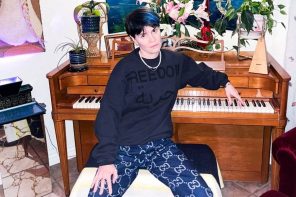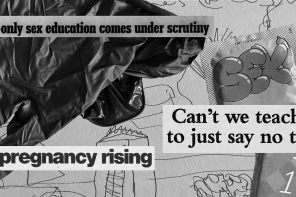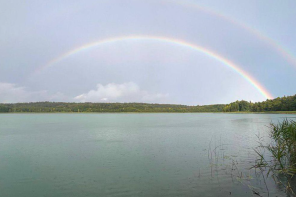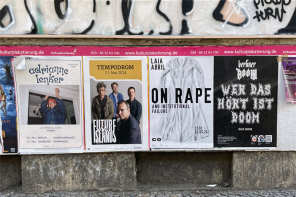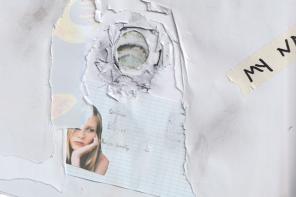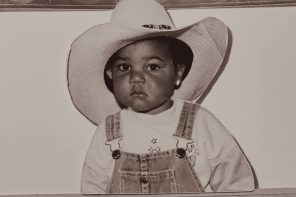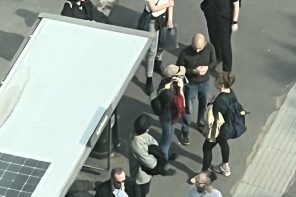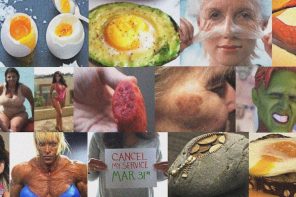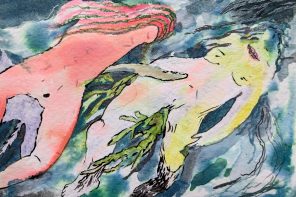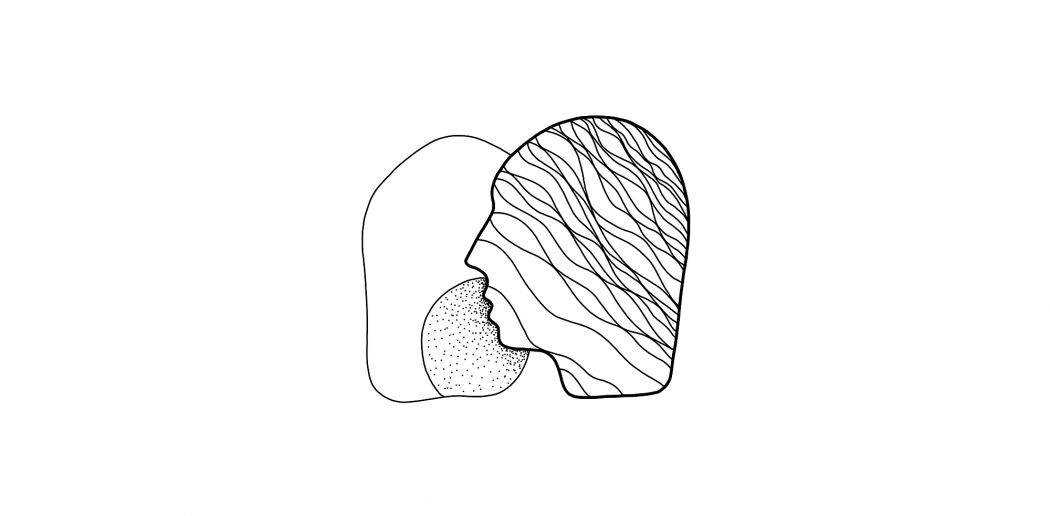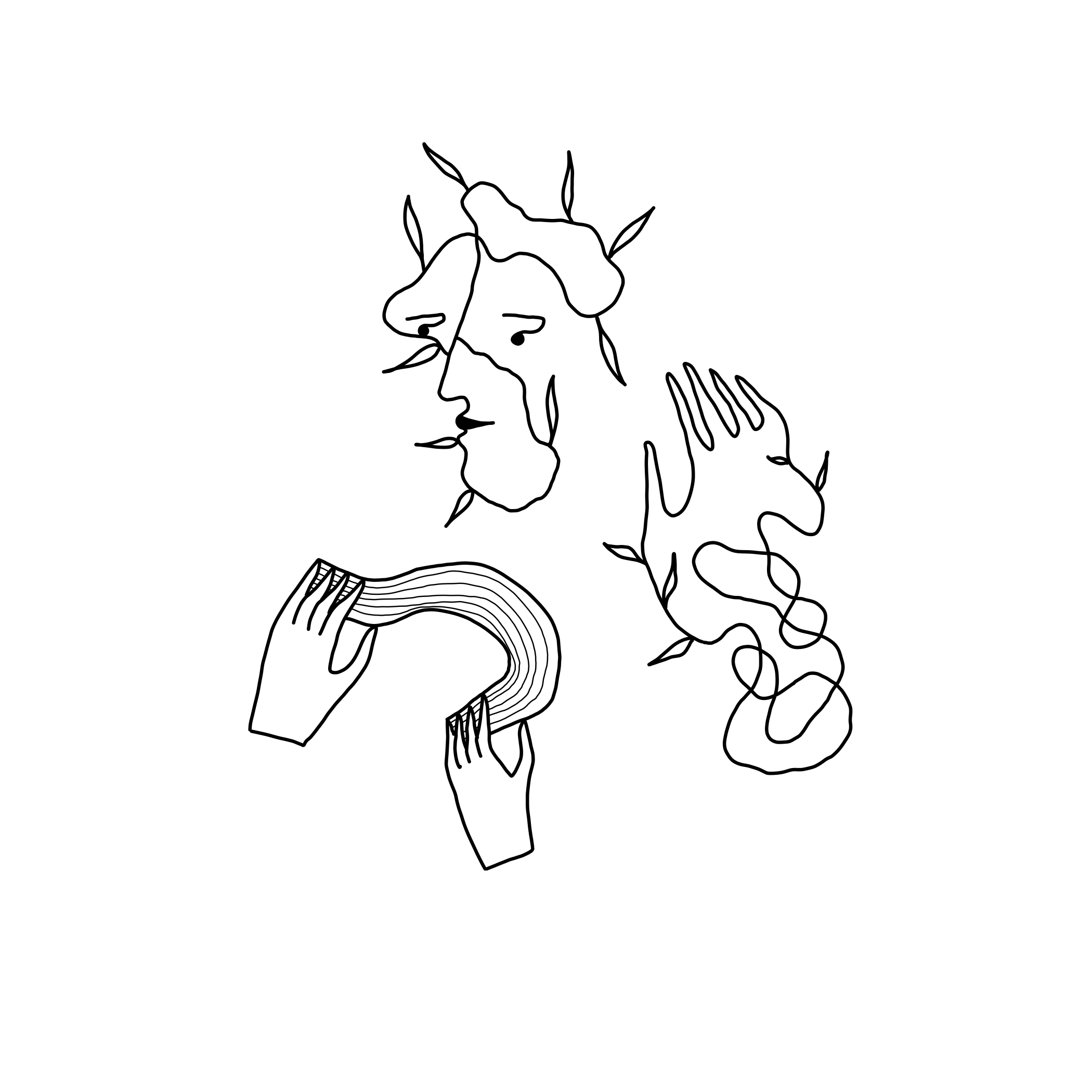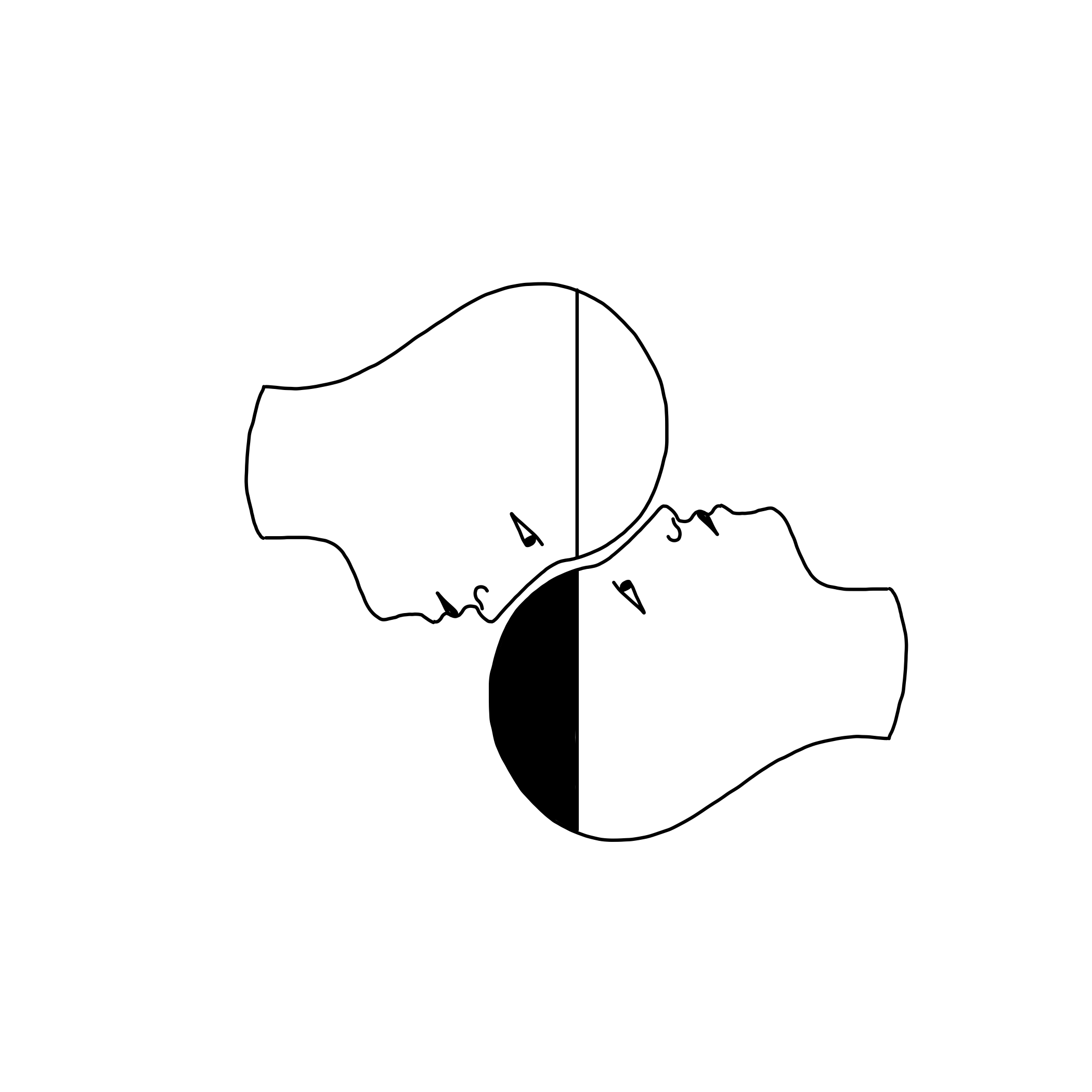“Let’s face it. We’re undone by each other. And if we’re not, we’re missing something.
This seems so clearly the case with grief, but it can be so only because it was already the case with desire. One does not always stay intact. One may want to, or manage to for a while, but despite one’s best efforts, one is undone, in the face of the other, by the touch, by the scent, by the feel, by the prospect of the touch, by the memory of the feel.”
— Judith Butler, Precarious Life: The Powers of Mourning and Violence —
Since the onset of the coronavirus pandemic that is currently raging through the world, the slightest and most pervasive transformation has overtaken my body. It’s as if a secret that I always knew has suddenly been spoken aloud, at once, by everyone: we are exposed to each other whether we like it or not. My skin bristles. Suddenly the closeness between us is shot through with the presence of something between living and non-living that didn’t circulate among human beings before. Healthcare systems are slammed, thousands of people are drowning in their own lungs, and millions more are thrown further into the racialized and financial violence that always underscored everything since white supremacy and capitalism first started choking the world with inequality hundreds of years ago.
I’m a DJ at a monthly party called Bodysnatch, in Berlin. Lately I spend time remembering the view from the DJ booth. I recall the visceral sensations that influence my playing — watching groups of people, how they move, and how individuals within the group interface with one another. Reading that. Feeling that. It was more than dancing, pleasure, or debauchery. It was also grief, vulnerability, violence, suffering, and ambivalence. It was everything. Do you remember the dance floor? Do you remember those moments when you felt “too sensitive,” when you felt it all, and it almost overtook you? Do you remember wondering if anyone else felt it too? I review all of these scenes. They play out in slow motion, as if we were all always underwater, thinking it was air until a drop of blood changed the color of everything. Now it’s all red, and it’s thick, and it has a new smell.
We use the phrase “make yourself vulnerable” for things that seem optional, like the choice to open up emotionally. But when we get down to the details of what that means, even emotional openness doesn’t feel like a choice. Her smile sends a bolt of joy through my body, regardless of how chill I’m acting, or everything still hurts, even though I haven’t opened up about it. It all enters anyway. We are vulnerable because we are alive, whether we’ve “made” ourselves so or not.
One of the many things that makes COVID-19 so scary now is asymptomatic transmission. The virus incubates in the body for an average of five days, up to 14 or even 27 days before symptoms begin to show, if they ever do. For many, there are no symptoms at all, but we still carry and shed the virus as if we were ill. As most of us know, we have these “social distancing” measures or recommendations because any one of us could be a contagion at any time.
There are other viruses that illuminate the infectiousness of proximity, the very vulnerability of being enfleshed. The human papilloma virus (HPV) is so common that up to 90% of people will have contracted some strain of it during their lifetime. It spreads simply through any form of unprotected genital-to-genital touch. Most forms of HPV do not cause symptoms, meaning we don’t know if we’re carrying it unless we get tested, but fourteen high risk strains have been known to cause cervical cancer. Only some people will ever show symptoms, or die from a terrible illness, but nearly everyone is potentially carrying HPV. We are already vulnerable to each other; we always have been. How many of us truly take care of that, before, during, and after entering into relation to one another?
In astrology, like in popular culture, sex and death are linked. The 8th house represents those two things, among others. The only way into the 8th house is through the 7th house of one-to-one relationships. Therefore the 8th house tells the story of what happens, and what we must do, after we’ve entered into relationship. It is where we resynthesize each other, integrating and disintegrating. It is how we manage the consequences of entering into relation.
All my life I’ve heard the same story about sex and death: that their association comes from some fantasy of child-bearing phantasmically linked to one’s sense of mortality. But that always sounded way too abstract and ideological to me. Sex and death aren’t linked because of some abstracted ideology of personal or racial continuity through the modern concept of DNA, or because some straight people have babies. Sex and death are linked because sex can kill you. They are linked because for all of human history, exposing ourselves to intimacy has meant exposing ourselves to harm, to viruses, and to illness, to say nothing of emotional transformation. Isn’t it sexy to feel all of that risk, and take care anyway?
There’s a kernel of beauty in transmission, to be found in precisely what makes it so terrifying; it exists because we are already inherently enmeshed. It exists because we exist. Can you feel that? Can you feel it not just when someone hurts you, or inspires attraction? Can you feel it when they simply pass you on the street? If you couldn’t before, I bet you feel it now.
It feels as though the politics of safer sex and consent discourses are now being mobilized on a public and global scale. As always, our bodily integrity is unsheltered in the face of those we don’t know, will never know, and may never agree with. What is a communalized sexuality — which is to say, an ethics — that beholds the full spectrum of the risk that is being alive with one another?
What are we doing to take care of our inherent vulnerability to one another? Do we use protection during sex, get tested regularly, and acknowledge our vulnerabilities with all of our partners? In the same way, do we fight for universal healthcare, show up with groceries when our loved one cannot leave the house, stay home with someone who’s violently ill even if it means we could be at risk too? What forms of caretaking, touch, and community transpire before the clothes are removed from our skin, in the very air between our bodies?
I already know that somebody I love will very likely suffer greatly from this, or die from this. I already know that when you and I meet, we will greet one another with the beleaguered tenderness of those who have gone through grief. It will be the grief caused by racist violence, of losing loved ones, of having been alone too long, of damaged or reduced lung function, or losing the future we may have thought we had. But, if we do make it, I am so excited to see you.
When we meet again, I hope it’s at a party that is sensitized to the extreme vulnerability of sharing space. I dream of a party that doesn’t just ignore and exploit proximity for pleasure, that doesn’t treat celebration and closeness as commodities to be grabbed and taken. I dream of a sustained sensorial depth of awareness. This fever dream comes out of the fine details of isolation, living within sensation itself. It’s what I sense looking out over the booth, and what you sense when you’re in the moment. Breathing the same air will always be a risk. When we meet again on the dance floor, I don’t want to go back to normal — I want us to feel that.
Text by Mars Dietz
Illustrations by Andres Aragoneses
Mars Dietz is an artist, composer & sound designer from Brooklyn, living in Berlin. Their hybrid background involves site-specific installation, DJ sets, writing, music production and other media in an intensively research-driven practice bent on historical analysis.
